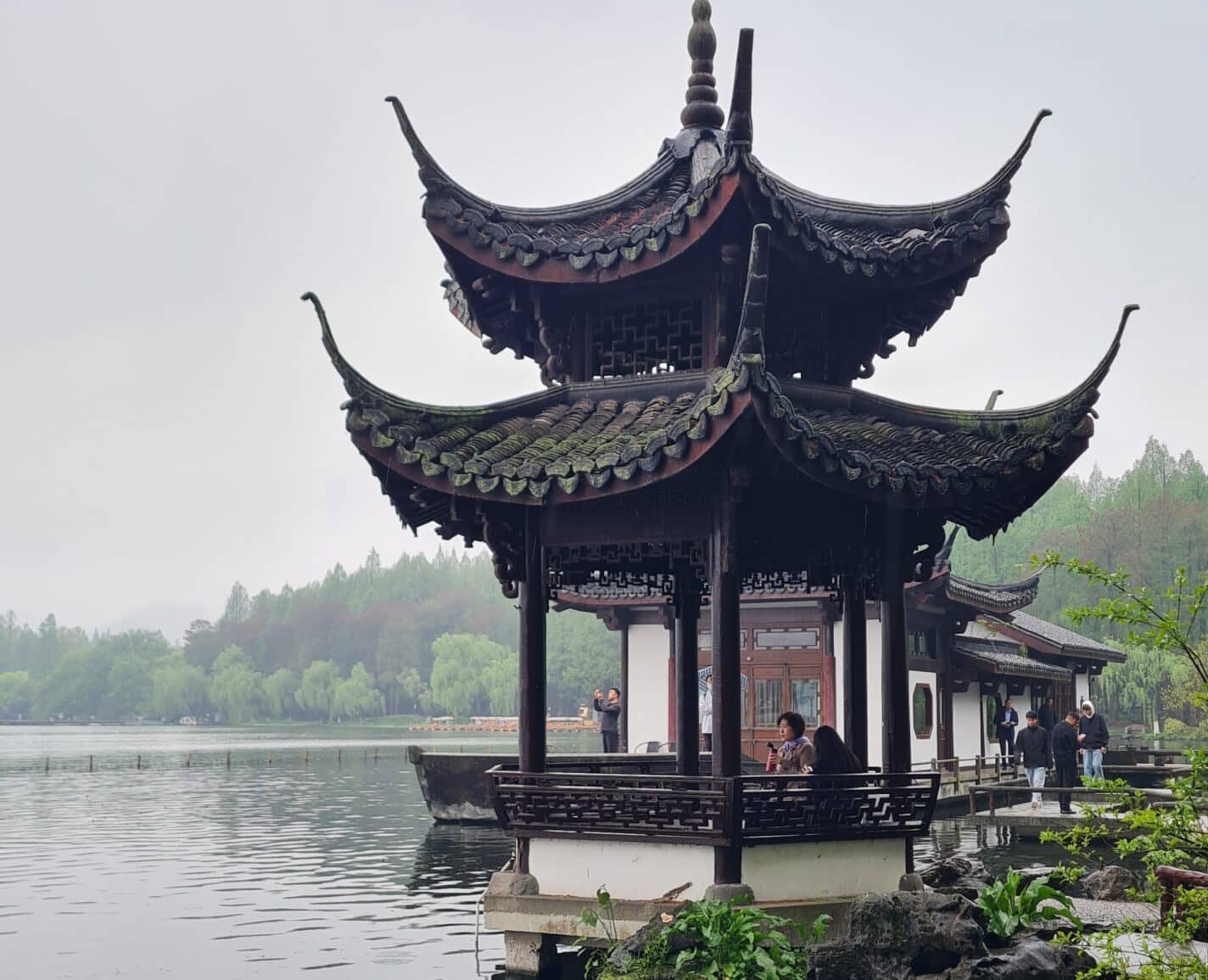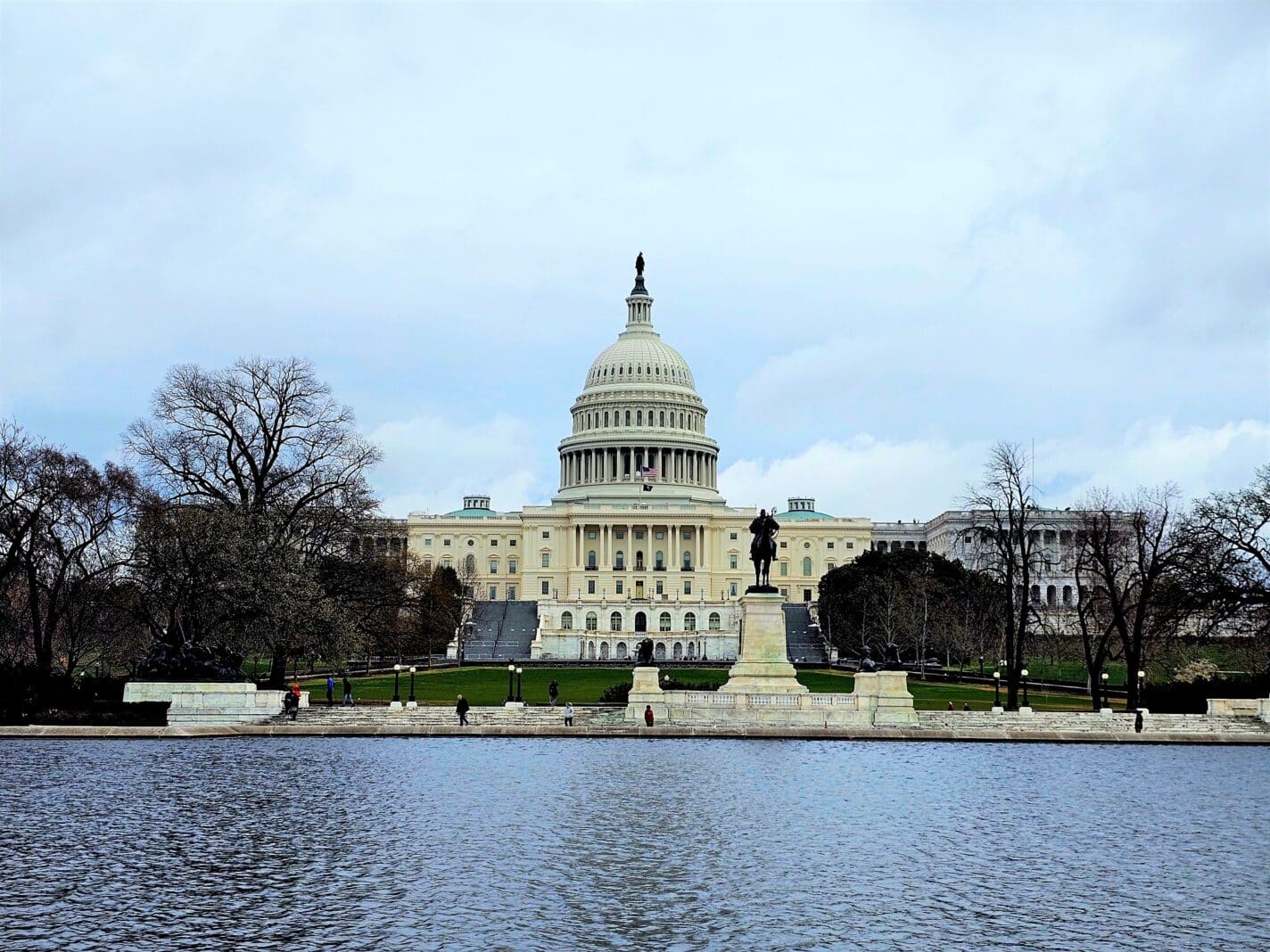At a recent Society event for historians and Chinese linguists, Oundle pupils welcomed Jonathan Dugdale from the University of Birmingham, who came to deliver a talk about the Liao dynasty (907 – 1219).
Located in Northern China, including Manchuria and Mongolia, the dynasty had a lot of influence on the region for centuries to come. Ruled by the Khitan people, the Liao dynasty was the first port of call for Western merchants travelling along the Silk Road. This lead to the Khitan people initially shaping foreign perception of China. In fact, the word Cathay’s etymology comes from Khitan, as does the Kitay, the name for China in many languages.
Nevertheless, for centuries scholars had thought that the contemporary Song dynasty had yielded much more power and had had greater influence. Despite military superiority, the Liao dynasty rarely appeared in history textbooks due to the fact that the Song were more culturally similar to modern China, recorded much more and spoke Chinese. Due to an ingrained inferiority complex, they consistently referred to the Liao dynasty as “the barbarians”, deepening the perception of the Liao as an inferior dynasty with little influence.
Through his study of how Chinese architecture developed, in particular, that of pagodas, Dugdale has shown that neither dynasty had more influence, rather they had local spheres of influence, which for the Liao included even included much of what is now North Korea. Most shockingly, he also noted how developments in the understanding of the Khitan language (a proto-Mongolic language no longer spoken today) have revealed that the Song actually paid an annual indemnity to the Khitan. This has radically changed the perception of the Liao dynasty.
In his conclusion, Dugdale even challenged the notion of the possibility of there being a history of China. He concluded that his studies and others by his colleagues at the University of Birmingham, suggest that such a history is impossible, rather the history of China should be considered as the history of a southern and northern region, where an overlap in leadership is the exception as opposed to the rule. A troubling idea for the Chinese Communist Party no doubt.
Angelo Giacco (L)





